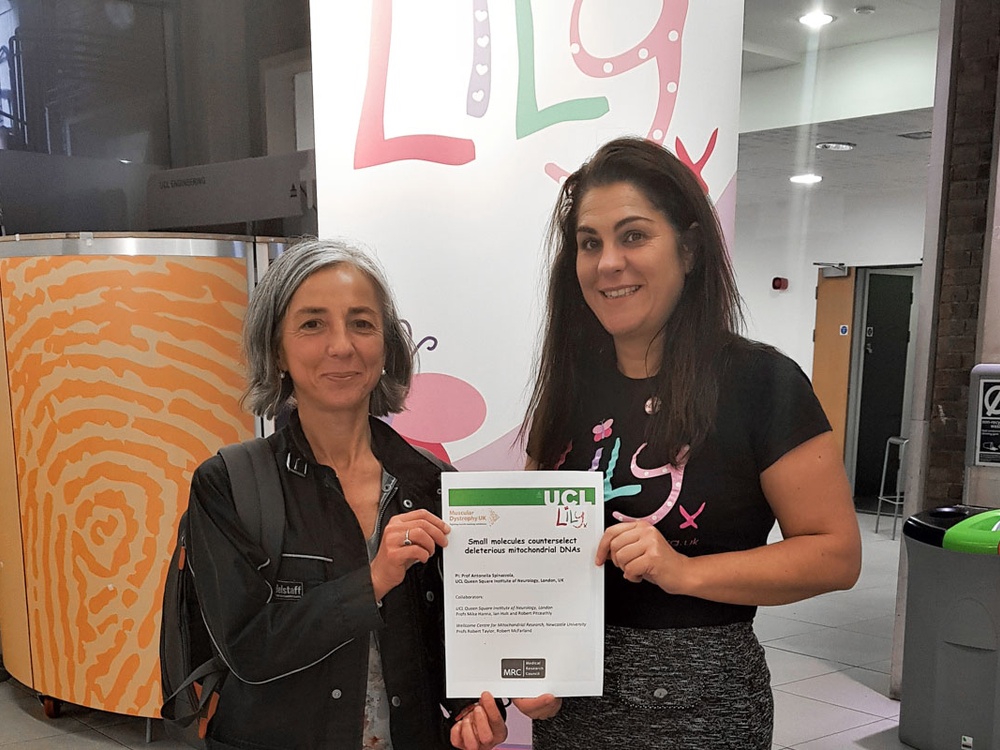The principal sponsor of the study is Muscular Dystrophy UK (MDUK), with additional funding support provided by The Lily Foundation. The study aims to develop the first effective treatment for mitochondrial myopathy, also known as muscle weakness.
The study centres on a small molecule previously used in clinical trials to treat cancer patients. Scientists from University College London (UCL) and Newcastle University that have collaborated on the research suggest that the chemical could potentially benefit people with this type of mitochondrial disease. Because the chemical has been previously found to be safe in humans, it could transition to clinical use quickly if the trials are successful.
Commenting on the funding decision, Alison Maguire, Head of Research at The Lily Foundation, said: "We are proud to be supporting MDUK in funding this important study. The Lily Foundation is committed to finding clinical treatments for mitochondrial diseases, and investing in world-leading research projects like this one is the best way to accomplish that."
She added: "This is a very high quality study and a culmination of many years of dedicated research. If the teams are able to reproduce their cell study results in patients, this could be the first truly effective treatment for mitochondrial myopathy."
The Lily Foundation is contributing £30,000 of research funding to the study. The sum is significant, as it has allowed the trial to take place at the Leonard Wolfson Experimental Neurology Centre, a state-of-the-art clinical research facility at UCL. This ensures that the clinical trial will be conducted safely and to the very highest clinical standards.
Prof Antonella Spinazzola of the UCL Queen Square Institute of Neurology, who is leading the project, commented: "This is a very exciting and ambitious study, and we are delighted to have The Lily Foundation's support. The charity does vital work supporting people affected by mitochondrial diseases, and by working together I hope we can have a positive impact on the lives of those who are in a vulnerable condition due to their disease."
To find out more about this study and other research projects funded by The Lily Foundation, visit our Research projects page.

